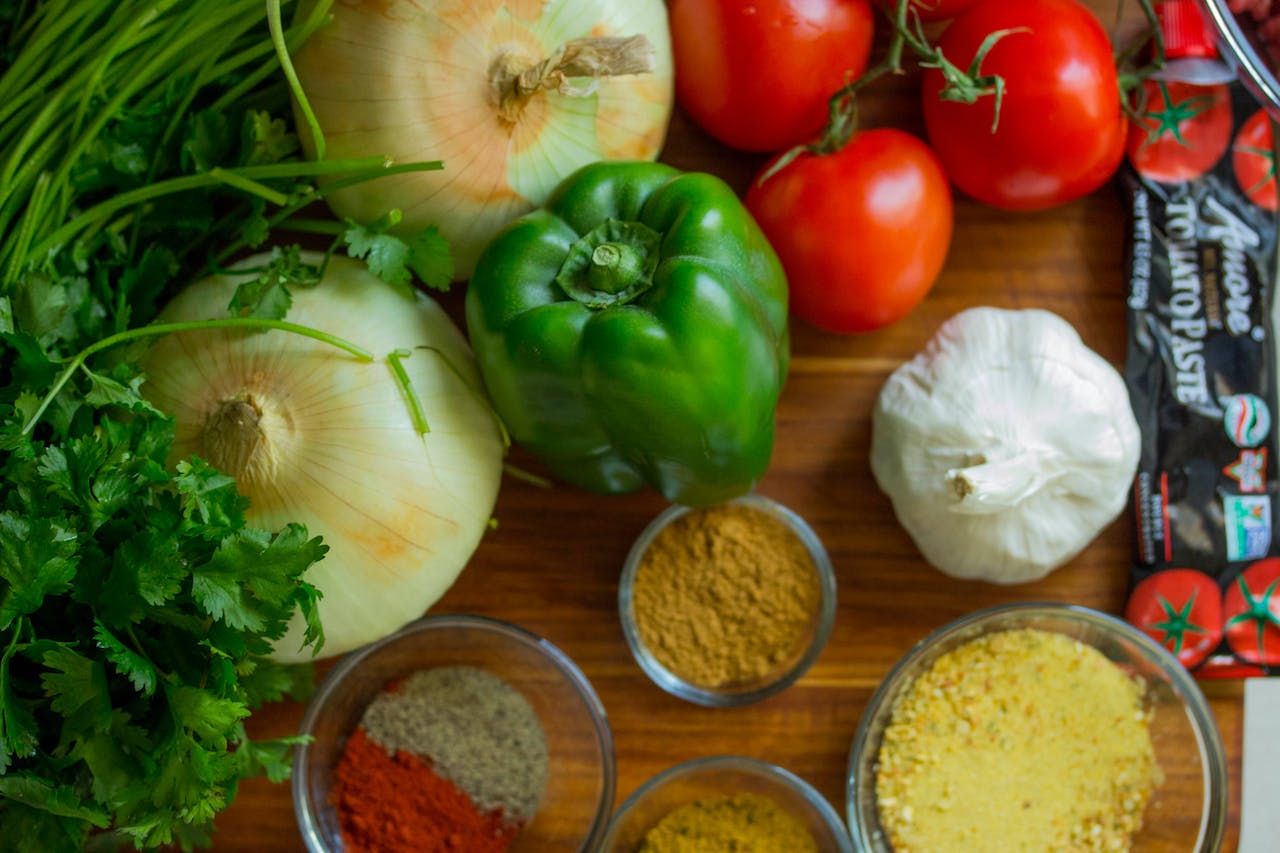Kidney disease is a prevalent and serious health condition affecting millions of people worldwide. As an experienced kidney disease expert, I understand the critical role that diet plays in managing and combating this condition. In this comprehensive guide, we will explore the best foods to fight kidney disease, providing valuable insights into how dietary choices can positively impact kidney health.
Understanding Kidney Disease
Before delving into the specifics of a kidney-friendly diet, it's essential to grasp the basics of kidney disease. Kidneys are vital organs responsible for filtering waste products and excess fluids from the blood, maintaining a healthy balance of electrolytes. When kidneys are impaired, waste builds up in the body, leading to various complications.
The Importance of a Kidney-Friendly Diet
A well-planned diet can significantly contribute to managing kidney disease and slowing its progression. A kidney-friendly diet focuses on reducing the workload on the kidneys, controlling blood pressure, and maintaining proper levels of essential nutrients.
Essential Nutrients for Kidney Health
1. Low-Sodium Foods
High sodium intake can exacerbate kidney disease by increasing blood pressure and fluid retention. Opt for low-sodium alternatives, such as fresh fruits and vegetables, and limit processed and packaged foods.
2. Adequate Fluid Intake
Proper hydration is crucial for kidney function. Water helps flush out toxins and waste products. However, individual fluid needs may vary, so consult with a healthcare professional to determine the ideal amount for your specific condition.
3. Quality Protein Sources
While protein is essential, individuals with kidney disease should choose high-quality sources like lean meats, poultry, fish, and plant-based options. Limiting protein can reduce the strain on the kidneys.
4. Phosphorus Management
Phosphorus levels need careful monitoring, as high levels can lead to bone and heart problems. Incorporate foods with lower phosphorus content, such as fresh fruits and vegetables, and limit dairy and processed foods.
Superfoods for Kidney Health
1. Berries
Berries, such as blueberries, strawberries, and raspberries, are rich in antioxidants and anti-inflammatory compounds. They offer a delicious way to protect the kidneys from oxidative stress and inflammation.
2. Red Bell Peppers
Packed with vitamins A, C, and B6, red bell peppers provide essential nutrients without the high potassium content found in some other vegetables. They add color and flavor to dishes while supporting kidney health.
3. Cauliflower
Cauliflower is a versatile vegetable that is low in potassium and phosphorus. It can be a suitable substitute for higher potassium vegetables, allowing for variety in a kidney-friendly diet.
4. Olive Oil
Olive oil, particularly extra virgin olive oil, is a heart-healthy fat that can be beneficial for kidney health. It contains anti-inflammatory properties and can be used as a substitute for less healthy cooking oils.
Meal Planning Tips for Kidney Disease
1. Portion Control
Controlling portion sizes is crucial for managing nutrient intake. Smaller, more frequent meals can help distribute nutrient intake throughout the day, reducing the strain on the kidneys.
2. Limiting High-Potassium Foods
Individuals with kidney disease should be mindful of high-potassium foods like bananas, oranges, and potatoes. Moderation is key, and careful planning can help balance potassium intake.
3. Cooking Techniques
Adopting kidney-friendly cooking techniques, such as boiling, steaming, and baking, can help retain the nutritional value of foods while minimizing the addition of unhealthy fats and salts.
Conclusion
In conclusion, adopting a kidney-friendly diet is a crucial aspect of managing kidney disease. By incorporating low-sodium foods, managing essential nutrients, and embracing kidney-friendly superfoods, individuals can take proactive steps to support their kidney health. Remember, consulting with a healthcare professional or a registered dietitian is essential for creating a personalized nutrition plan tailored to individual needs and circumstances. By making informed dietary choices, individuals can empower themselves to fight kidney disease and lead a healthier life.

